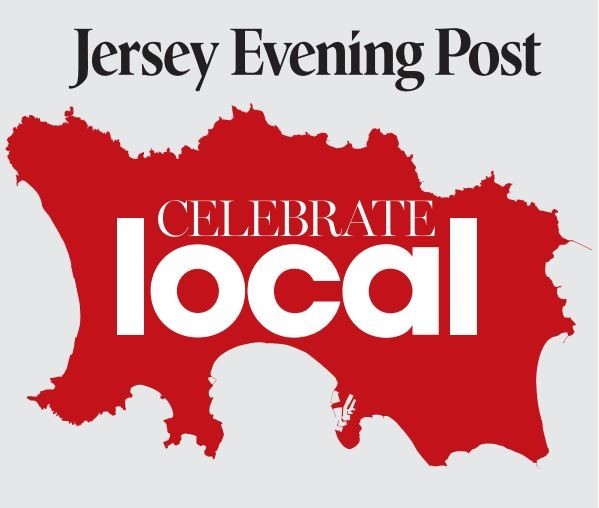In April, in response to fears about food shortages as coronavirus spread rapidly across the world, Deputy Steve Luce and farmers devised a scheme to meet the population’s demand for basic fresh produce over the winter. It came with a cost to the public purse of £85,000.
The Island’s biggest grower of arable crops, Charlie Gallichan, of Woodside Farms, said he was not disappointed as supply lines were returning to normal.
Mr Gallichan said: ‘The plan was a short-term reaction to a problem in the food supply caused by coronavirus, but it is more beneficial at this time to talk about a long-term solution to make sure that we have a sustainable and viable strategy for farming in Jersey.
‘It was absolutely the right thing to do at the time, when events were changing every day, but now it does not look like there are going to be too many problems.’

Following an analysis of projected production over the winter, Economic Development Minister Lyndon Farnham said he was confident there would be sufficient supplies of core winter vegetables – such as cabbage, cauliflowers and potatoes. If there were to be shortages, exports could be retained for local consumption.
He said: ‘There is no reliable evidence to suggest there will be a shortage of fresh food this winter, although we are keeping a close eye on the situation.
‘Food production is affected by many variables, the most significant of which is the weather, and it is too early to determine how the growing season will progress and how food supplies may be impacted.
‘There are a number of positive initiatives currently under way within the rural economy. I am pleased with the progress we are making and the extra support which is being delivered.’
The government has also responded with promises of increased funding for farming, addressing the viability of introducing new crop lines, and a comparison with agricultural subsidies in other jurisdictions.
Jersey Farmers Union president Peter Le Maistre, of Master Farms in Grouville, said: ‘It is a nonsense that we are in a situation where we can grow more food and farmers want to grow more food.
‘If the government wants to have a greener Island with less imports, we can grow more – but it has to be funded and they are talking about putting more money into it.
‘Our competitors in Spain or wherever are heavily subsidised to grow the same crops we do.’
Jersey imports more than 80% of its fresh food, with the exception of milk, potatoes and shellfish. Local producers meet 56% of egg sales, 26% of vegetable needs, 4% of beef, lamb and pork consumption and 14% of the demand for fresh fish.






